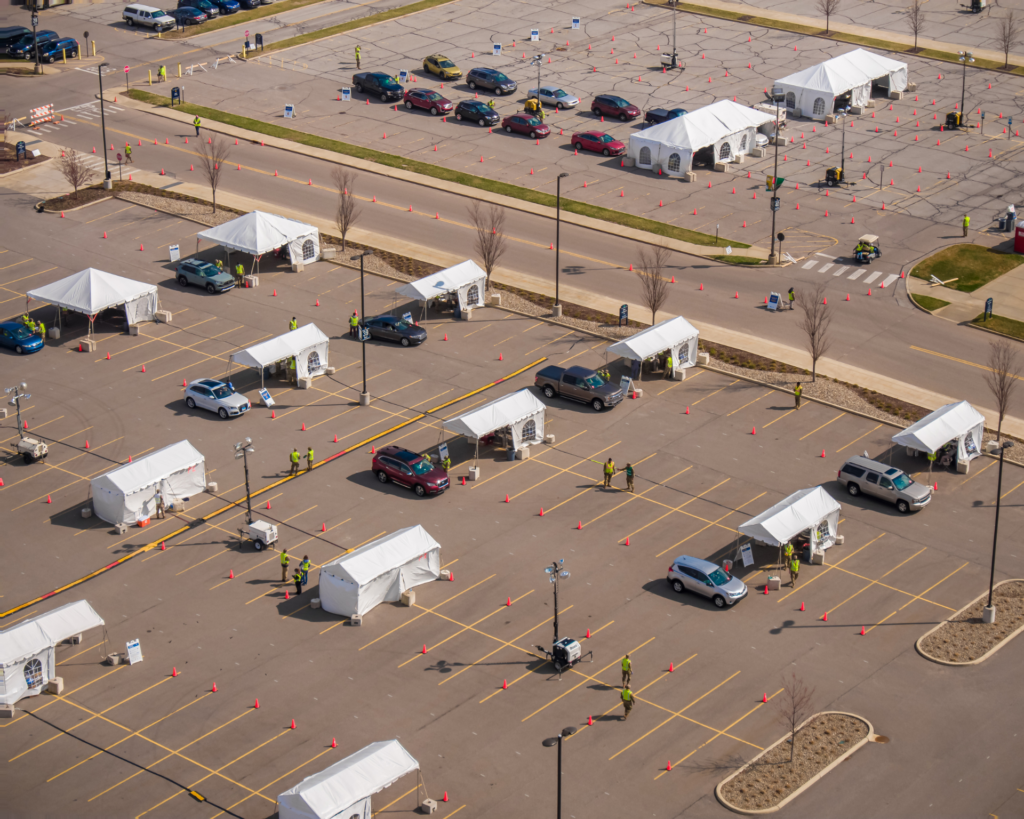Reimagining Pediatric Care
The Center for the Urban Child and Healthy Family is building a vision for child health equity, based on the premise that all children should be healthy and achieve their full potential.

Read Time: 4 minutes
Published:
Pediatric care has not changed significantly in the last century, despite evolving patterns of morbidity and mortality for children. Although social and environmental problems may influence a child’s health, pediatric visits are often too short to address such challenges. Efforts to redesign care have been stymied in part because traditional payment models, with focus on volume of services or short term cost savings, inhibit innovations that promote long term health. The Boston Medical Center (BMC) Pediatrics’ Center for the Urban Child and Healthy Family, launched in January 2017, is building a vision for child health equity. Our proposed “Pediatric Practice of the Future,” is based upon the premise that all children have an equal opportunity to be healthy, ready to learn, and able to achieve their full potential.
Since its inception in 1864, BMC, known until 1996 as Boston City Hospital, has sought to provide “exceptional care without exception,” serving patients from across the region facing significant adversity. The BMC Department of Pediatrics has always been a leader in care innovation and addressing social drivers of health. Programs such as Reach Out and Read, Health Leads, and the Medical Legal Partnership, which address root causes of health disparities, originated in BMC Pediatrics and have since become national models. With this important prior work as a foundation, the Center for the Urban Child and Healthy Family is supporting the development, testing, and scaling of novel health delivery approaches, working in concert with families, communities, and other sectors engaged in delivering services to children and families.
The Center’s methods include human-centered design, quality improvement, rigorous evaluation and tailored approaches to scale. A core element of the Center’s mission is to place families at the center of the redesign process, using their voices to innovate the current healthcare model. The Center is also building capacity to better measure and evaluate the impact of new and ongoing programs on patient wellbeing. Through these efforts, the Center expects to create better linkages between patients and the services they need.
Healthy and Ready to Learn by 5
To move toward radical redesign of pediatric care, the Center has a set a goal that, by 2028, all children cared for by BMC Pediatrics will be healthy and ready to learn, with adequate supports to thrive in school by age 5. Services provided for children in this age group will focus on optimizing children’s physical and emotional health, supporting stable and nurturing relationships with adults, and providing opportunities for high quality early education. Focusing on this formational time for growth and development creates opportunities to address family wellness holistically. It also encourages education and social service sectors to share accountability for the health and wellbeing of families.
Pediatric Practice of the Future
To date, two clinics at BMC, supported by the Center, are testing innovative approaches to pediatric primary care delivery. The Supporting Our Families through Addiction and Recovery (SOFAR) clinic is providing care to mothers affected by substance use disorder and their babies. The Individualized Education Plan (IEP) Clinic is strengthening the linkage between school and primary care by offering specialized developmental and behavioral care and referrals for children who need support tailored to their specific needs. Additionally, the Center has established a Pediatric Family Advisory Board to ensure that the care redesign process continues to be aligned with the mantra popularized by the disability rights movement, “nothing about us without us.”
In deep collaboration with families, community partners, and BMC leadership, faculty and employees, the Center is reimagining what pediatric care might look like if families facing the most adversity are empowered to define their own health priorities and given access to the most innovative care.
Feature image: mapodile/iStock






